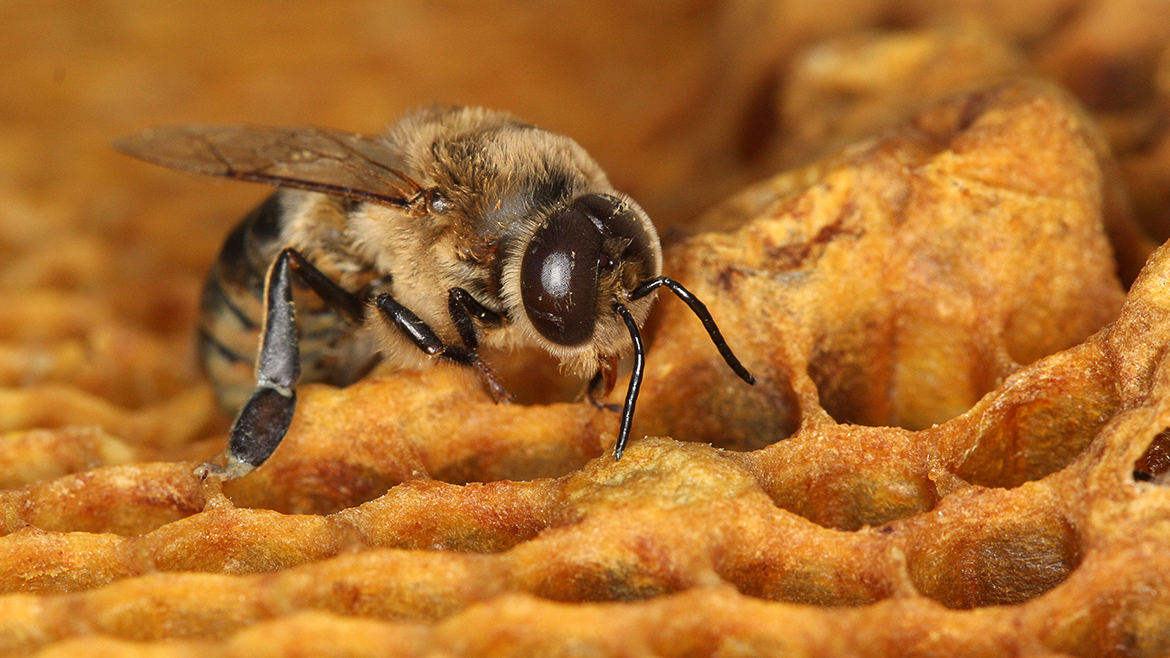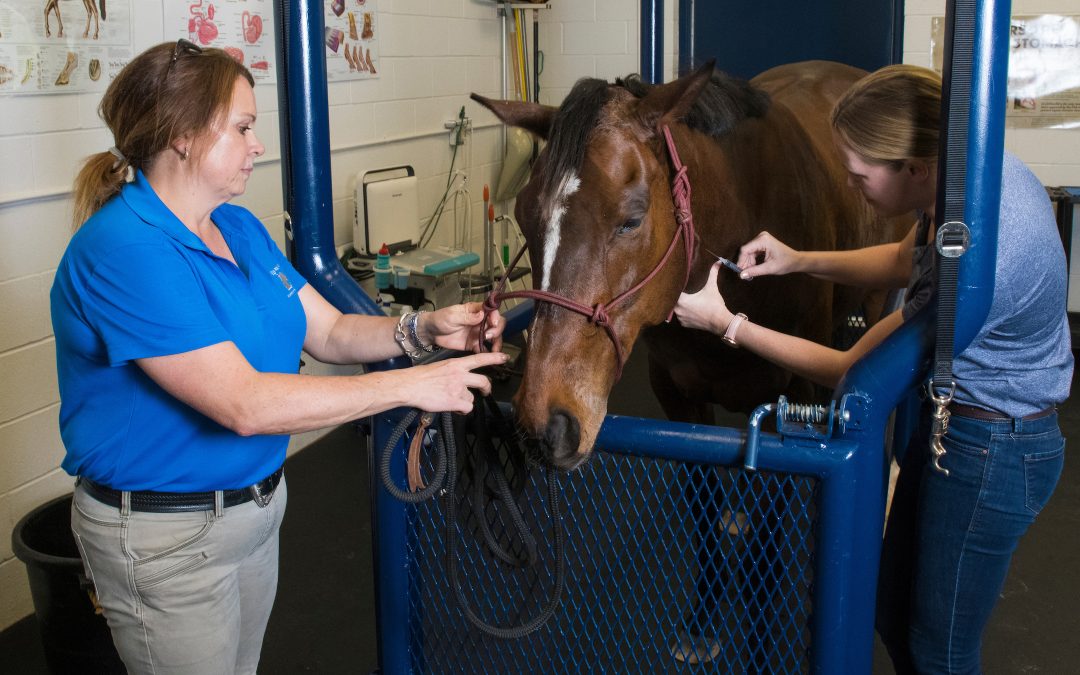By Brian Wesley
The honeybee – one of humanity’s most indispensable partners in the animal kingdom. It might be easy to take bees for granted (especially if you’ve been stung by one of them recently), but these small black and yellow workers play a vital role in agriculture as well as our daily lives. Here are a few ways in which bees affect your everyday life and how Auburn University contributes to the buzz.
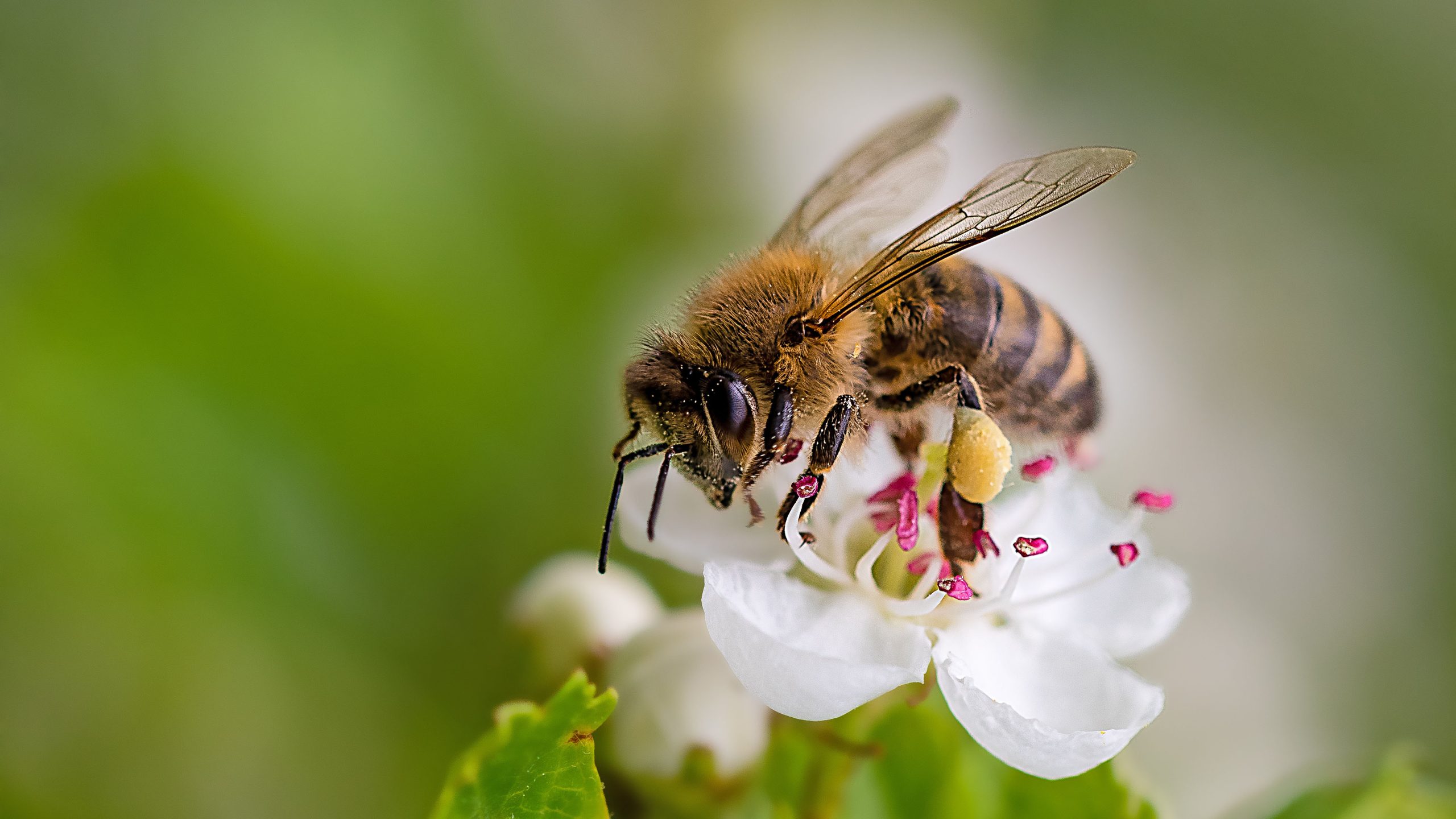
Pollination
The next time you pick up some produce at your local market, say a silent thank you to honeybees. Without help from bee pollination, more than a third of the food we eat everyday would disappear, including apples, broccoli, cranberries, pumpkins and almonds. The College of Agriculture’s bee research team AU-Bees stays on the forefront of maintaining insect pollinator health so that those bees can keep buzzing in our lives.
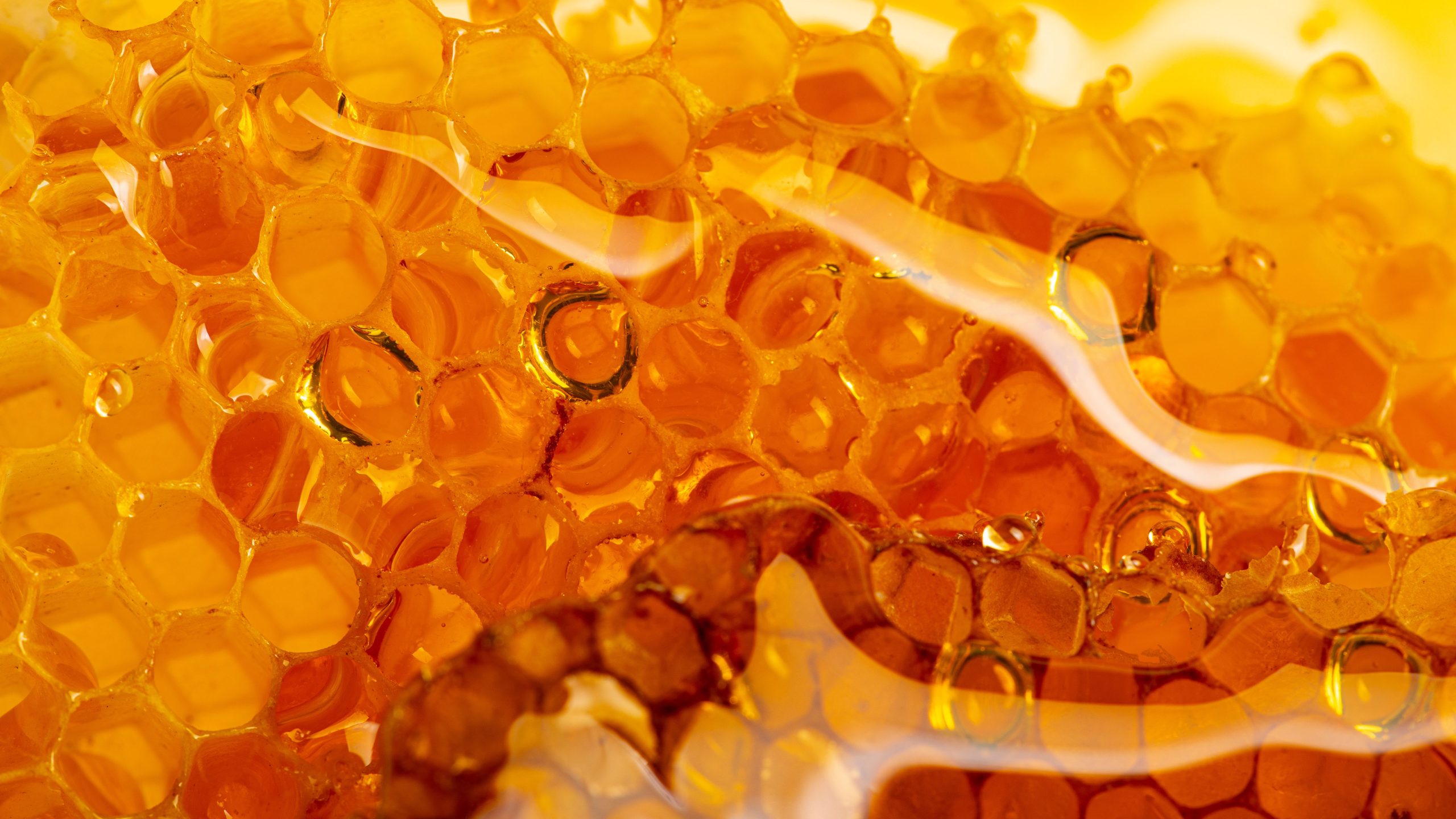
Honey
This one may be no surprise, but one of the honeybee’s most prized products is honey. In 2019 alone, honeybees produced 157 million pounds of honey, which is over $300 million worth of products! Honey is essential as a natural sweetener and energy source, and the AU-Bees team is no stranger to producing an exceptional honey product. AU-Bees specializes in “small-batch honey,” meaning the entire honey making process is carefully tracked. A QR code is attached to each bottle of AU-Bees Pure Honey; if customers scan the code, they can read everything about how the honey was manufactured, including its origins, nutrition facts and moisture content.
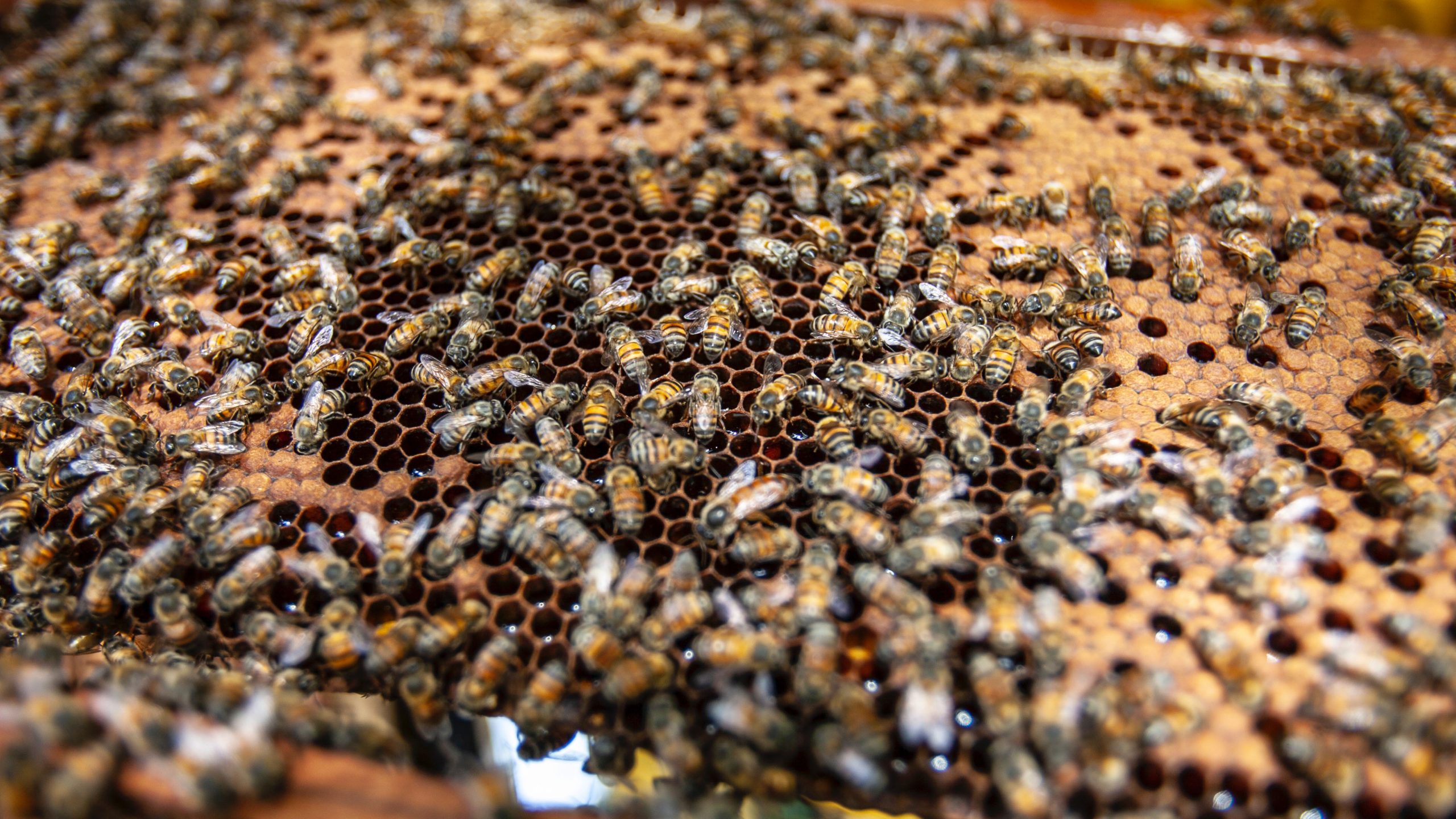
Beeswax
Take some time to give appreciation to beeswax if you haven’t already. Lining the structure of the honeybees’ honeycomb, beeswax offers a variety of benefits to humans. Beeswax can help lower cholesterol, prevent infections, keep your skin hydrated and even serve as a lovely aromatic.
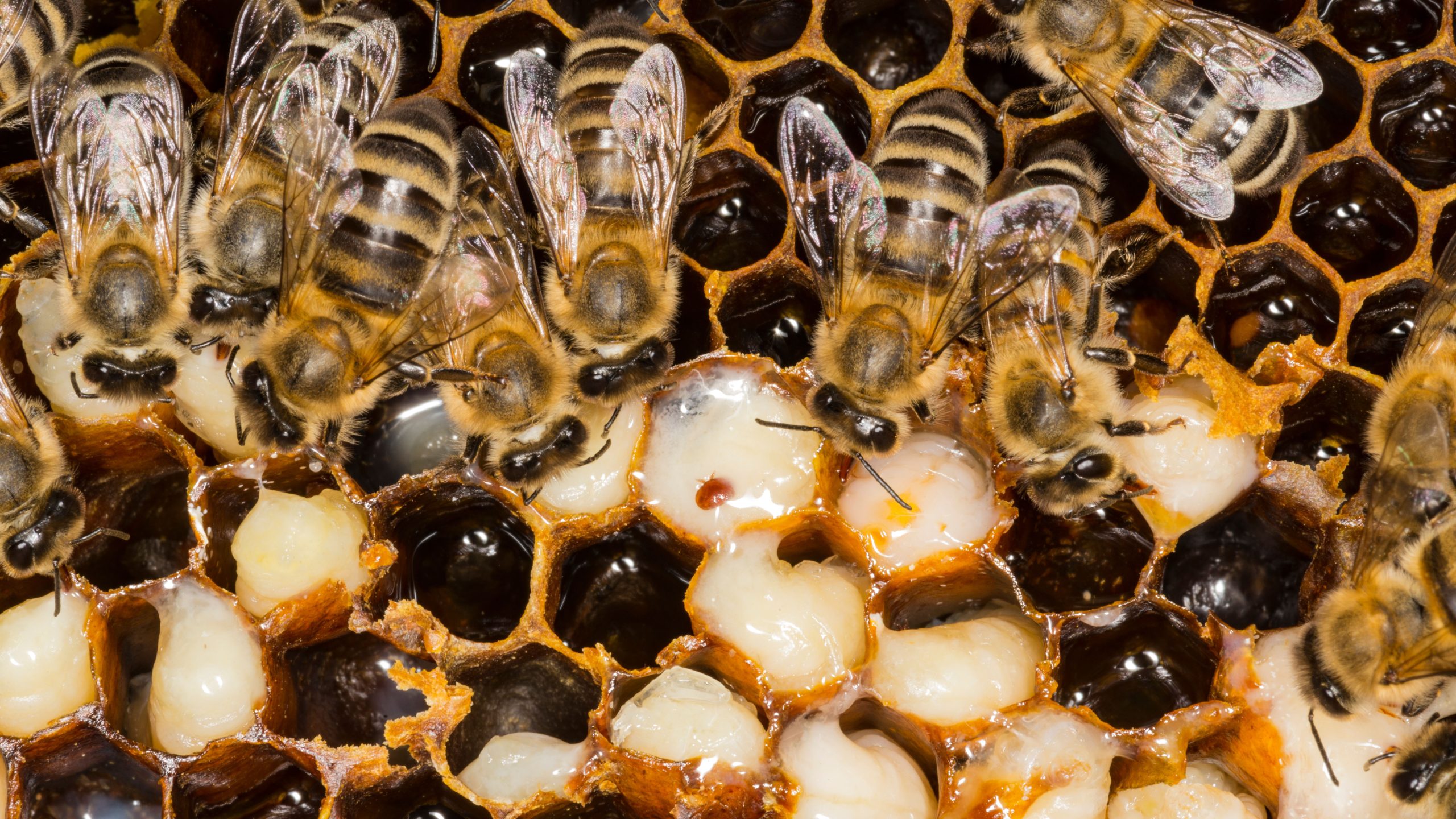
Parasites
Honeybees are essential to our economy and environment, which is why beekeepers strive to protect them against any threats. The “varroa mite” is a tiny red-brown external parasite that exclusively reproduces in honeybee colonies and feeds on the honeybees’ bodies. These parasites are direct enemies to successful beekeeping and are the bread-and-butter research of the AU-Bees lab. Applying insecticide that eliminates varroa mites without also harming the honeybees is the crutch of AU-Bees’ research and bee cultivation.

